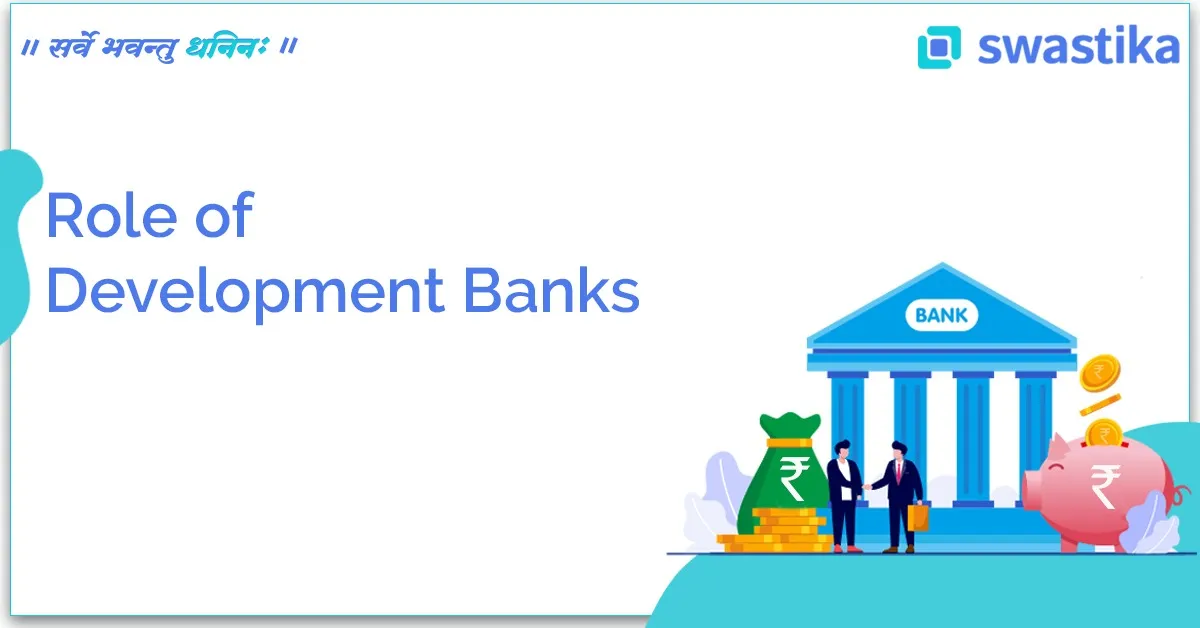In the dynamic world of finance, quantum computing emerges as a disruptive force, promising unparalleled computational power and the ability to solve complex problems at speeds unimaginable with classical computers. As the financial industry seeks ways to gain a competitive edge, quantum computing presents itself as the next frontier in algorithmic trading.
Understanding Quantum Computing
Before delving into its implications for algo trading, it's essential to grasp the basics of quantum computing. Unlike classical computers that rely on bits (which can either be 0 or 1), quantum computers leverage quantum bits or qubits. Qubits can exist in multiple states simultaneously, thanks to the principles of superposition and entanglement. This unique property allows quantum computers to perform a vast number of calculations simultaneously, making them exponentially more powerful than classical computers for certain tasks.
Unleashing Unprecedented Power
Quantum computing's potential impact on algo trading lies in its ability to handle vast datasets and complex algorithms with lightning speed. Tasks that would take classical computers years to complete could be executed in a fraction of the time with quantum computers. This acceleration opens up new possibilities for algorithmic trading strategies, including high-frequency trading, risk management, and portfolio optimization.
Enhancing Algorithmic Strategies
Quantum computing's speed and processing capabilities enable traders to develop and execute more sophisticated trading strategies. Algo trading algorithms can analyze massive datasets in real-time, identifying patterns and correlations that were previously beyond reach. This enhanced analytical power empowers traders to make more informed decisions and capitalize on fleeting market opportunities with precision and agility.
Overcoming Computational Barriers
One of the primary challenges in algo trading is managing computational complexity. As trading strategies become increasingly sophisticated, traditional computing resources may struggle to keep pace. Quantum computing offers a solution to this barrier by dramatically accelerating the execution of complex algorithms. Tasks such as Monte Carlo simulations, optimization problems, and risk assessments can be performed with unprecedented efficiency, enabling traders to explore new frontiers in algorithmic trading.
Mitigating Risks and Uncertainties
While the potential benefits of quantum computing in algo trading are vast, it's essential to acknowledge the challenges and risks associated with this emerging technology. Quantum algorithms are still in the early stages of development, and practical implementation requires overcoming significant technical hurdles, such as qubit stability and error correction. Additionally, the security implications of quantum computing on encryption protocols and cybersecurity must be carefully considered.
Embracing the Future
Despite these challenges, the financial industry is already exploring the potential of quantum computing in algo trading. Major players are investing heavily in research and development to harness the power of quantum algorithms and integrate them into existing trading infrastructure. As quantum computing continues to mature, it holds the promise of revolutionizing the way financial markets operate, ushering in a new era of innovation and opportunity for algo traders.
In conclusion, quantum computing represents the next frontier in algo trading, offering unparalleled computational power and the potential to transform trading strategies and market dynamics. While challenges remain, the financial industry is poised to embrace this disruptive technology and unlock new possibilities for algorithmic trading in the years to come.


.png)




.webp)
.webp)

.webp)






